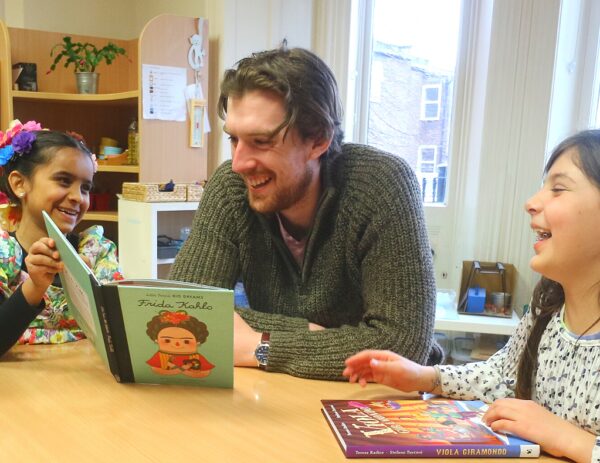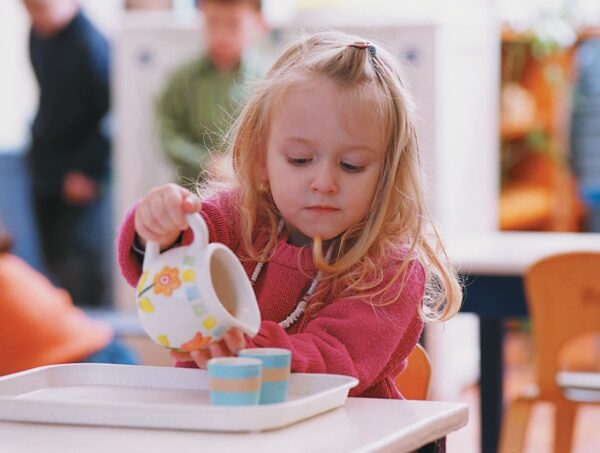
Interest in Montessori is especially vibrant right now. In the rapidly evolving, digital, post-Covid era people are realising that there are alternatives to the “teach and test” approach that characterises mainstream education and are looking for something different. We are seeing significant interest in our school and record numbers of people are training with us.
Both parents and practitioners are realising that mainstream approaches do not prepare children for the kind of world that they live in now and the future world they will create. Children don’t need to be taught facts so much as they need to be able to understand how to use those facts in a way that benefits themselves and society.
Wellbeing, health and contentment are becoming more highly-prized than status or economic success. The successful human being of the future will be one who is able to find their most fulfilling role in life and to shape their career and life around their strengths, preferences and homelife. In career terms, this could mean working more flexibly, creating their own role / organisation or choosing a totally different approach not yet envisaged.
We were also happy to see the EYFS and the updated Development Matters guidance refer to executive function. Executive function is the mental functions that enable us to reason and problem solve; to exercise choice, self-control and discipline; or to be creative and flexibly adjust to change or new information. Research shows that executive function is well-supported in a Montessori environment.
Whatever happens at a policy level, the Montessori method will continue to develop and thrive, and with good reason – Montessori will always be relevant because it is not curriculum-based, it is focused on supporting the natural laws of human development. As long as humans are relevant, Montessori will be relevant.











